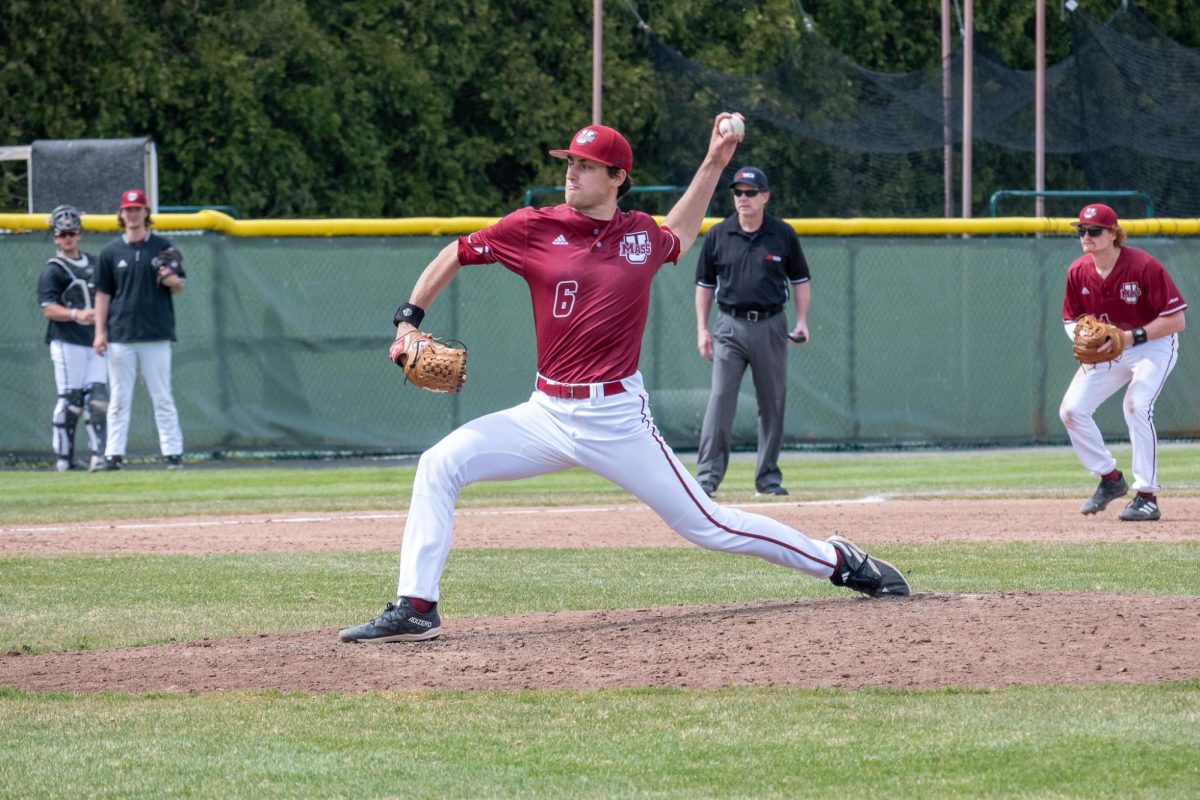TRIPOLI, Libya (AP) – The head of the U.N. atomic watchdog agency said Monday that meetings with Libyan officials were producing more names and companies involved in supplying renegade nations with the technology for their nuclear arms programs.
Mohamed ElBaradei, director general of the International Atomic Energy Agency, also said key elements of Libya’s nuclear weapons program remain in place three months after its government pledged to scrap them, though Tripoli is committed to their elimination.
ElBaradei did not elaborate, but another delegation member said centrifuge equipment that can enrich uranium to weapons grade still remains assembled and in Libya. He spoke on condition of anonymity.
ElBaradei arrived in Tripoli on Monday to oversee what needs to be scrapped or removed before Libya’s nuclear program is stripped of all weapons applications. After meeting with Libyan officials, he said he was confident that stage would be reached by June.
“I think it is going very smoothly, very well, and the Libyans have confirmed again their full cooperation, their readiness to settle all the questions we have,” ElBaradei told reporters after meeting with Deputy Prime Minister Matoug M. Matoug, who heads the nation’s nuclear activities.
Other equipment already has been shipped to the United States, which along with Britain negotiated the process that led in December to Libya declaring its nuclear weapons programs – and its desire to scrap them. Also in the United States, under IAEA seal, are drawings of a 1960s nuclear warhead.
ElBaradei said new countries with illicit nuclear arms programs may be revealed in investigations by his agency and national intelligence services into the nuclear black market.
Libya, one of the nuclear black market’s key customers, has blown the whistle on its head, the father of Pakistan’s nuclear weapons program, Abdul Qadeer Khan, and more than a dozen of his middlemen.
Another delegation member said much of the investigative work into the nuclear supply chain would likely be wrapped up within three months. But ElBaradei urged caution.
“We are still trying to understand the network, we are still trying to see whether other countries have received technology, have received weapons designs,” he said. “We are putting the pieces of the puzzle together and trying to understand whether there is any additional work … for us in the future.”
He did not elaborate. But Iran has been named by diplomats familiar with the IAEA’s work as being suspected of buying nuclear warhead drawings, along with the uranium enrichment equipment it now acknowledges having.
Iran, which was also supplied by the Khan network, denies nuclear weapon ambitions, insisting it wanted to enrich uranium to lower grades for power and not produce the highly enriched version used in weapons.
North Korea – the third country linked so far to the network – denies any connection, but U.S. intelligence and Khan’s associates have said it also received help in its nuclear weapons program from his network.
“We are getting the names of more individuals, more companies,” not only from Libya but “many different sources,” ElBaradei said.
Since the first revelations from Libya in December, Khan has confessed to heading the operation described by ElBaradei as a “nuclear supermarket.”
Khan and dozens of associates circumvented export controls in Europe, Asia and elsewhere to ship nuclear technology to Libya, which managed to hide experiments geared toward making weapons for nearly two decades.
Among the most startling discoveries were the warhead drawings, and findings in a report by ElBaradei that Libya also managed to process minute amounts of plutonium that – in much larger quantities – are used in the core of nuclear warheads.
Talks in Tripoli also were focusing on shipping highly enriched uranium – an alternative to plutonium in warheads – from a Libyan research reactor back to Russia, the original supplier, and replacing it with less-enriched fuel without weapons applications.
A diplomat, speaking on condition of anonymity, said the Libya revelations helped the agency link Iran’s illicit program to the Khan operation.
Iran has been less forthcoming than Libya on its sources. It confirmed Sunday it has purchased nuclear equipment from international dealers, including from the Indian subcontinent, but said it doesn’t know where the components came from.
It has made the same argument to the IAEA, saying only the intermediaries that supplied it know the origins of the parts.
A report from Malaysian authorities last week said Iran had bought $3 million worth of used uranium centrifuge parts from the Khan operation.
On the Net: IAEA, www.iaea.org.






